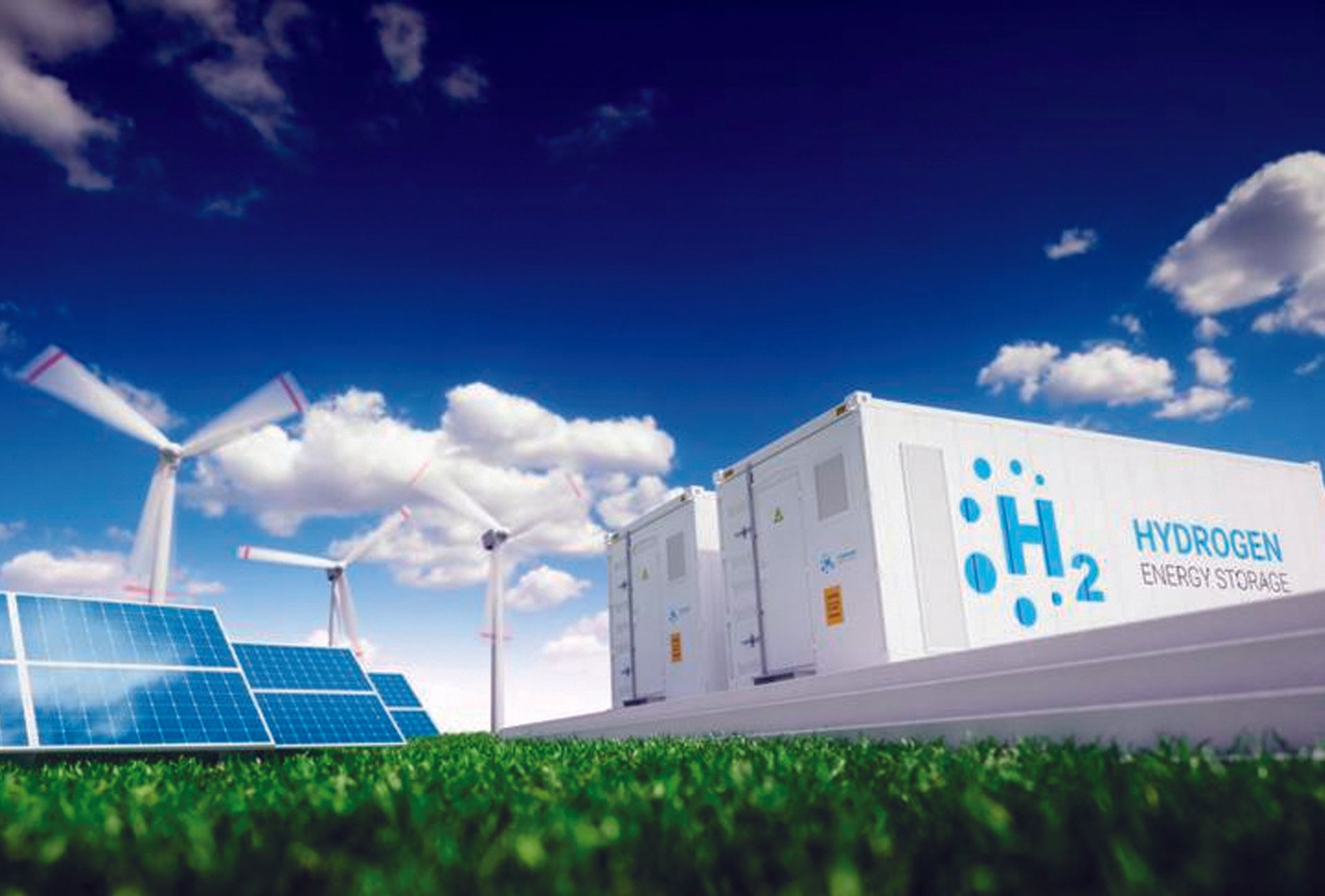Energy Storage Startups
The Cannon Houston • March 19, 2019
Startups Aim For Energy Storage Solutions
Elliot Franshaw, The Cannon
We know energy cannot be created or destroyed (see law #1 of thermodynamics). Still, we harness energy in countless forms to create and sustain the systems in which we live. From bananas in bodies to gas in cars, energy conversion fuels our lives. Storing that energy is a little trickier. From electrochemical storage, like lithium batteries, to thermal energy storage used to convert electricity into temperature change, we’ve long sought to store and use energy on our terms. Today we a look at two startups working on new and inventive ways to manipulate and store the energy we need.

Malta
Alphabet’s R&D lab, formerly Google X, incubated another winner in Malta. The energy storage startup raised $26 million in their last round and look to disrupt the market with a new method of storage. Malta’s unique process involves storing electricity in molten salts and antifreeze liquid via a heat pump, then converting the energy back into grid-ready electricity with a heat engine. Responding to questions about viability and intent, the firm ensures that this is “not an R&D project.” Malta utilizes existing oil and gas machinery and “conventional components,” keeping their costs low and their materials abundant. Look for major movement from these Boston battery builders.
Form
There’s power in learning from failure. Form’s co-founder, Ted Wiley, previously worked at now-bankrupt saltwater battery company Aquion. He knows renewables are cheaper than thermal generation, and the only way to disrupt the industry is to produce reliable long-duration storage. Luckily, his partner Mateo Jaramillo built Tesla’s energy storage business. Now, the pair are working on building a “bidirectional power plant” which both produces and delivers renewable energy on demand. Form believes that this tool will allow countries around the world to replace fossil-fuel-burning baseload power plants and supply their grid with clean energy without massive costs and redundancies. They’re well aware of the daunting challenges lying ahead of delivery, and relying on experience and innovation to tackle them head on.
Form and Malta both have a long way to go in disrupting the current energy storage and delivery industry. Their costs aren’t significantly lower than currently implemented technologies, and unless they can deliver jobs and a sustainable infrastructure to replace the current industry, they could remain a tough sell. But both companies hold a large amount potential, and Malta’s utilization of existing O&G infrastructure is a step in the right direction. Look for both to push their technologies this year as they seek to find a permanent, sustainable solution to energy storage.











